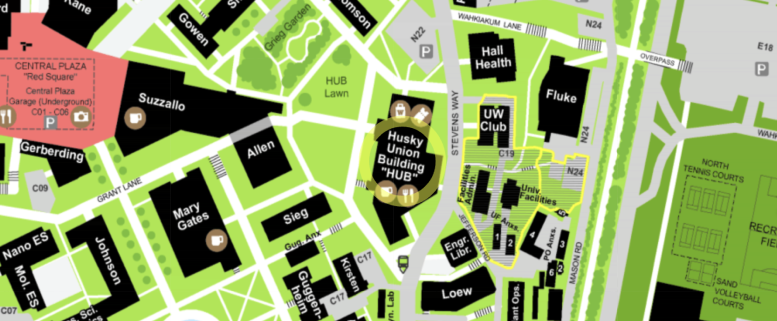Remote Access Enclave for Restricted data
Center for Studies in Demography and Ecology
Requested:
$489,692
Status:
Partially Funded
Awarded:
$381,883
Abstract
The Center for Studies in Demography and Ecology seeks funding to further its support of student research computing. This year we are launching a new "Data Collaboration Hub" that is a restricted data enclave for hosting sensitive data sets for collaborative research purposes.

